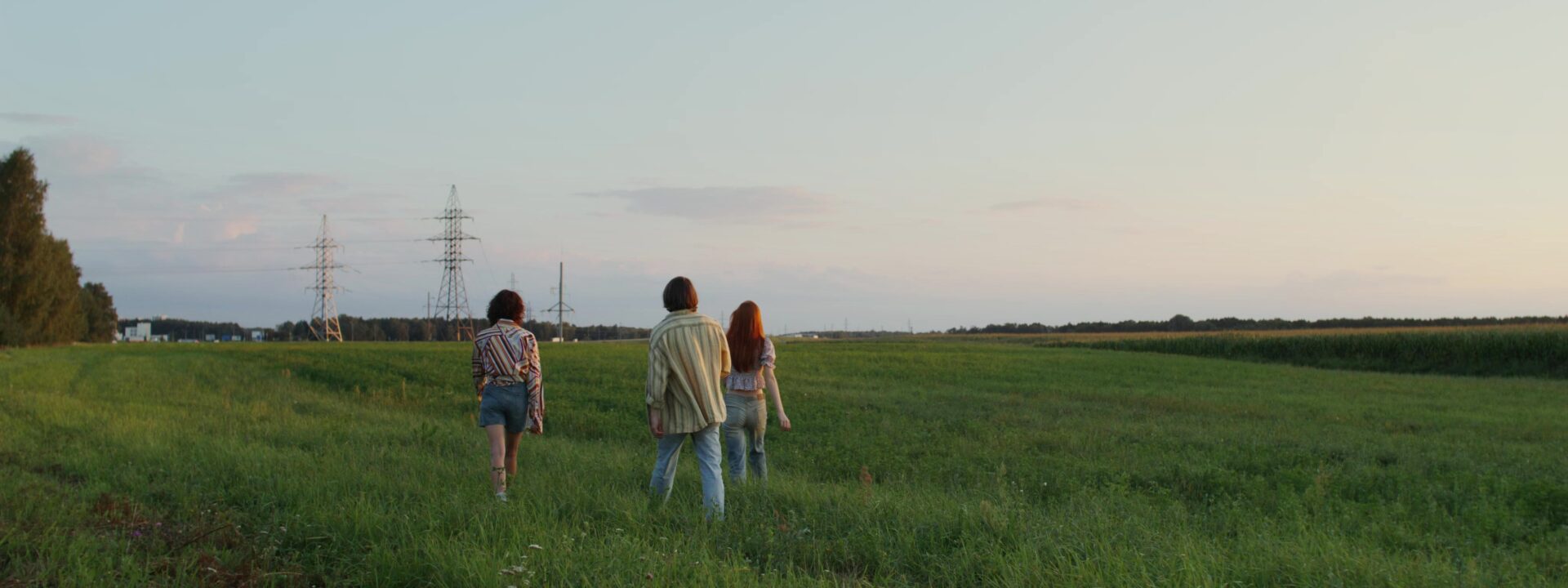We were all part of a small music program at a private college, which meant I was the last to find out. After stepping offstage from a violin recital, I checked my phone on the way to the reception where my colleagues and parents waited. A friend had sent me photos of her with my boyfriend on a recent camping trip. I remembered him just the week before, lacing up his hiking boots, talking excitedly about taking our future children camping someday. Now, on my screen, the truth of that trip: the two people I had loved and trusted most, kissing under the blazing sun.
In the days that followed, friends, acquaintances, even professors came forward. Everyone, it seemed, had seen them—heads too close in the library, hands clasped too tightly in a practice room, his car parked on her street night after night. I was shattered, not just by the betrayal, but by how public it had all been.
I moved out of the apartment I shared with my boyfriend, crashing with near-strangers. He left too—moving into the place he’d secretly kept. But it wasn’t enough. The humiliation lingered. I remember fetching my violin from my locker, overhearing friends discuss the situation like old gossip. I started avoiding campus, withdrawing from friends, unable to trust anyone. I drank too much, went to strip clubs—completely unlike me. I wanted to escape myself, to become someone this couldn’t have happened to.
A week later, I was surprised by how easily I forgave him. Handing over his mail, I felt no anger. Maybe I’d been conditioned to expect this from men. But my friend’s betrayal? That gutted me in ways I wasn’t prepared for—the grief, the confusion, the slow, sickening realization that I still loved her.
I’d just finished Elena Ferrante’s Neapolitan Novels, where women navigate a world shaped by men yet refuse to be pitted against each other. It made me wonder: What if I didn’t have to lose her?
We spent weeks together afterward, dissecting everything like co-counsel. I learned that every film or restaurant I’d suggested to my ex, he’d taken her to instead. The Toronto tour I’d given him? He recreated it with her. Most painfully, I learned he’d lied to her too—claiming we’d already broken up. Maybe she chose to believe it, but she saw herself as his victim. To her, I was the other woman.
I tried not to take it personally. They fell in love; I was just an obstacle. But it hurt. I spiraled, blaming myself: If only I were more like her—my body, my mind, my sharpness.
Then I saw the competition that had always been there. We’d co-led a women’s Bible study, vying weekly—who interpreted scripture more deeply? Who inspired more? Sharing the same violin professor, we critiqued each other’s performances, withholding praise to stay ahead.
Realizing how layered our friendship had been left me reeling. Our bond had thrived on common ground, but now all I saw were the differences—the silent battles we’d fought all along.I knew she felt the same way—she admitted it in a moment of honesty. Sometimes I wonder if the affair was partly about punishment or payback, maybe for both of them. The year before, I had beaten her and my ex in our school competition.
After the breakup, I had a short but intense fling. A few weeks later, she called to tell me she’d slept with the same person, offering the same excuses—only this time, they rang hollow.
It reminds me of something Laurie (played by Carrie Coon, who deserves an Emmy) says in the White Lotus finale: “As you get older, you have to justify your life, your choices.” I wrote my second novel trying to understand my friend’s decisions and the complicated undercurrents in so many female friendships—how resentment can take root, how competing in a male-dominated field can make you undervalue yourself and covet what someone else has.
At my lowest points after the breakup, I’d think of Joan Didion’s essay “Jealousy: Is It a Curable Illness?” where she writes that jealousy swings between hatred and adoration. There was a strange comfort in that—proof she loved me too, even if she couldn’t show it right.
We don’t talk anymore, but I still think of her often. No other relationship has shaped me as much, even with all the tangled feelings it left behind.
